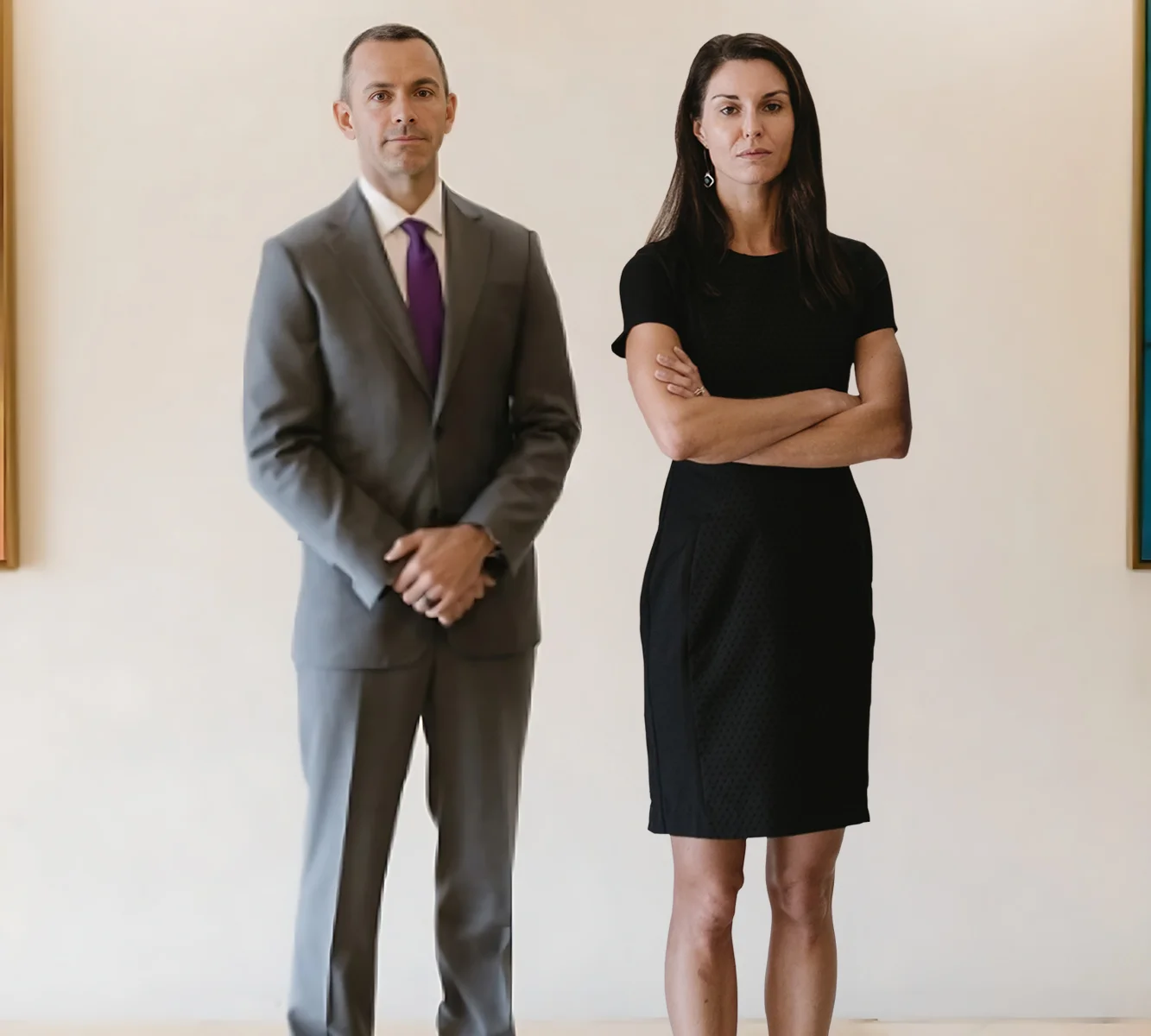A Dangerous Walk: Record High Risk of Fatal Florida Pedestrian Accidents
A sidewalk stroll in the South Florida sunshine should be a safe way to spend an afternoon. Unfortunately, walking alongside, in, around, and across Florida roadways is quite dangerous – and it’s only gotten worse in recent years. According to a new report by the Governors’ Highway Safety Association, the rate of deadly Florida…




